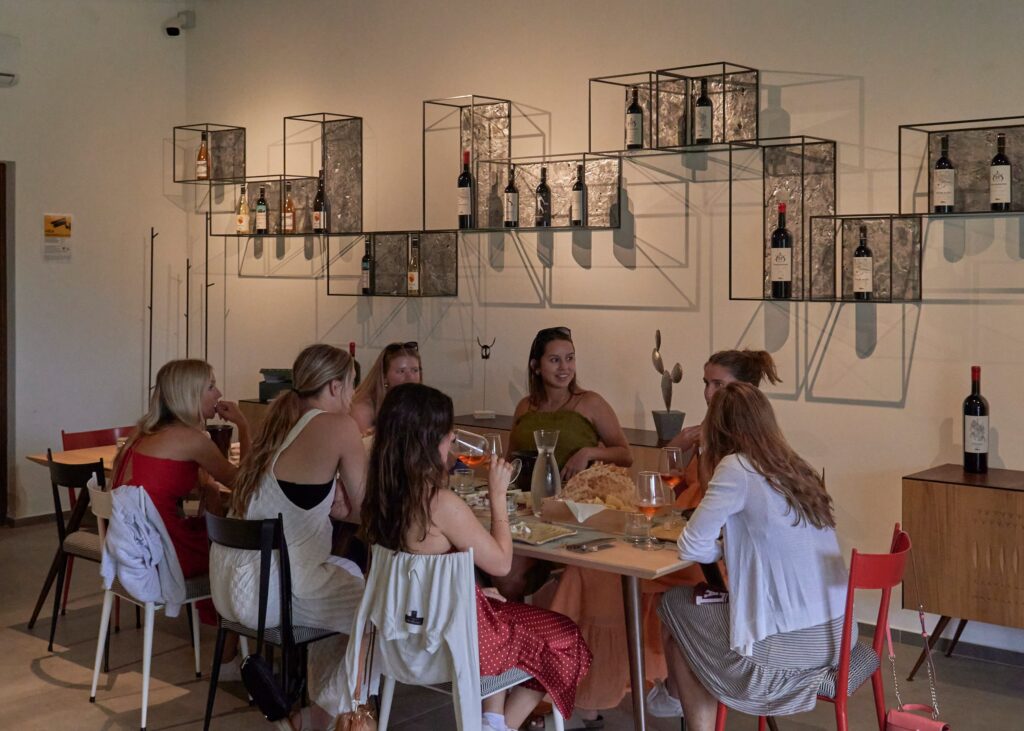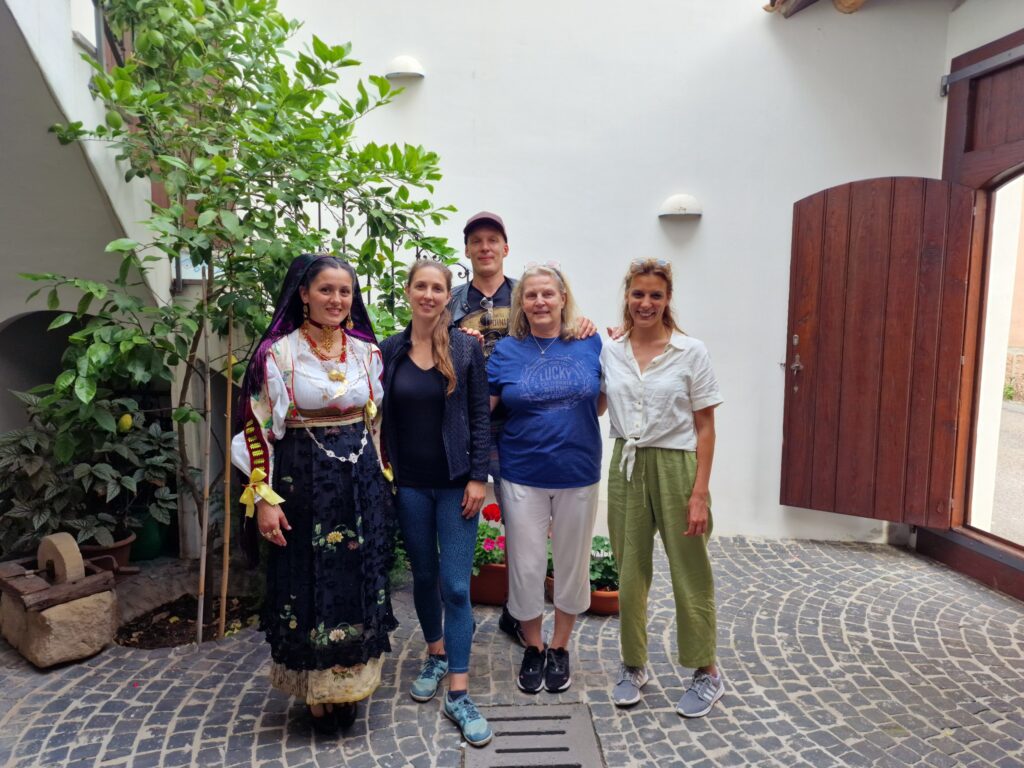In a world that’s constantly chasing the next big health trend, Blue Zones offer something refreshingly simple yet incredibly profound. The question “What is a Blue Zone?” is one that more and more people are asking, seeking to understand the places in the world where people live longer, healthier lives with fewer chronic illnesses. Blue Zones, originally coined by demographer Dan Buettner, refer to five specific regions around the globe where people consistently live to be 100 years old or more. These areas aren’t just about long life; they embody a way of living that promises joy, purpose, and health. So, what is a Blue Zone, and how can it change your life? Let’s explore the secrets of these fascinating regions and discover what they can teach us about thriving.

Understanding What Makes a Blue Zone Unique
The Five Original Blue Zones and Their Secrets
The Blue Zones were first identified in Okinawa (Japan), Sardinia (Italy), Nicoya (Costa Rica), Icaria (Greece), and Loma Linda (California, USA). Each of these regions has its own distinct cultural and dietary habits that support longevity. In Okinawa, Japan, the population has a concept known as “Ikigai,” or “reason for being,” which instills a sense of purpose in their lives. In Sardinia, extended family units and active lifestyles contribute to low stress and strong cardiovascular health. Each of these Blue Zones offers a slightly different approach to health, yet they all achieve remarkable results.
Common Lifestyle Traits in Blue Zones
Across these five regions, researchers found several commonalities. Blue Zones residents live close to nature and engage in daily physical activities like walking, gardening, and household chores that keep them naturally fit. Their diets are largely plant-based, with an emphasis on locally grown vegetables, beans, whole grains, and lean proteins. Blue Zones also have a strong focus on community, with close-knit family and social networks providing emotional support and reducing isolation. These habits, shared across cultures, contribute to the low rates of chronic illness found in these regions, including heart disease, diabetes, and dementia.
Scientific Evidence on Blue Zones and Longevity
Studies have shown that Blue Zone lifestyle habits correlate with reduced disease risk. A study published in the Journal of the American Medical Association (JAMA) in 2011 showed that adhering to a Mediterranean diet, similar to those in Ikaria and Sardinia, was linked to a 20% reduction in cardiovascular disease risk (Estruch et al., 2011). Additionally, a study published in The Lancet in 2018 found that high fiber diets, common in Blue Zones, are associated with lower risks of diabetes, colorectal cancer, and stroke (Reynolds et al., 2019). The impact of social ties on longevity is also well-documented; research in PLOS Medicine demonstrated that strong social relationships can improve survival by 50% (Holt-Lunstad et al., 2010).
The Benefits of Adopting a Blue Zone Lifestyle
Physical Health Benefits: Increased Lifespan and Lower Disease Risk
The Blue Zone lifestyle is linked to lower rates of chronic diseases and increased longevity. Plant-based diets in these regions provide essential nutrients that promote cardiovascular health, such as fiber, antioxidants, and omega-3 fatty acids. A long-term study published in Circulation found that people who followed a plant-based diet had a significantly lower risk of heart disease than those who didn’t (Satija et al., 2017). Blue Zone residents also engage in low-intensity activities, like walking and gardening, which research has shown to reduce the risk of chronic conditions and improve muscle health (Kyu et al., 2016).
Mental Health and Emotional Resilience
In Blue Zones, people have lower levels of stress, which contributes to improved mental well-being. Strong family and community bonds help buffer against anxiety and depression, a protective factor highlighted in studies such as one from Psychosomatic Medicine, which found that social support improves mental resilience and overall mood (Uchino, 2006). Additionally, the cultural practice of “downshifting” (taking intentional time to rest) allows Blue Zone residents to manage stress levels effectively, which has been shown to lower cortisol, the stress hormone linked to many chronic diseases.
A Sense of Purpose: The Psychological Impact of Ikigai and Life Satisfaction
In Blue Zones, a profound sense of purpose gives residents a reason to engage fully in life, providing mental clarity and emotional fulfillment. This concept, known as “Ikigai” in Okinawa or “Plan de Vida” in Nicoya, has been linked to improved mental health and increased lifespan. A 2016 study in Psychosomatic Medicine reported that individuals with a strong sense of purpose had a reduced risk of all-cause mortality (Cohen et al., 2016). The sense of purpose found in these communities not only fosters a positive outlook on life but is also a critical factor in maintaining motivation and vitality.

How to Integrate Blue Zone Habits into Your Life
Adopting a Blue Zone Diet Rich in Nutrients
The Blue Zone diet focuses on plant-based, nutrient-rich foods like beans, whole grains, nuts, and seasonal vegetables. Residents rarely consume processed foods, and they limit their intake of meat and sugar. To incorporate this diet, add more fresh fruits and vegetables to your meals, experiment with plant-based proteins, and reduce processed snacks. Studies such as the 2017 American Heart Association research confirm that a plant-based diet reduces inflammation, improves cardiovascular health, and boosts longevity (Satija et al., 2017).
Embracing Natural Movement Throughout the Day
Instead of hitting the gym, Blue Zone residents integrate movement naturally into their daily routines through tasks like gardening, walking, and cooking. For those looking to adopt this, consider taking up an active hobby, walking more, or performing house chores manually. A 2016 analysis in The Lancet found that consistent moderate physical activity can significantly lower the risk of premature death, emphasizing that small changes in daily routines make a significant impact on overall health (Kyu et al., 2016).
Living with Purpose and Finding Your Ikigai
Having a sense of purpose is fundamental to Blue Zone lifestyles. This sense of purpose, or “Ikigai,” gives people motivation, resilience, and a reason to wake up each morning. To discover your own Ikigai, reflect on what brings you joy, what you’re good at, and how you can contribute to others. Research from Psychosomatic Medicine reveals that people with a strong purpose in life have a lower risk of mental illness and a longer life expectancy (Cohen et al., 2016). Purpose creates a strong foundation for well-being and longevity.
Practicing Mindfulness and Slowing Down
Blue Zone residents prioritize rest and mindfulness, taking time to downshift, meditate, or gather with friends. To integrate this into your life, set aside moments for mindful activities like yoga, meditation, or quiet walks. Studies show that mindfulness practices can significantly reduce stress and improve mental clarity, supporting a balanced, joyful lifestyle (Goyal et al., 2014).
Lessons from Blue Zones for a Healthier Life
Simplicity and Balance in Daily Living
The beauty of Blue Zones lies in their simplicity. People in these regions find joy in life’s small moments, from shared meals to time spent in nature. Embracing simplicity can help reduce stress and improve overall happiness, enabling you to live a more balanced life. Small daily adjustments toward a more mindful, slower-paced life can foster a sense of fulfillment and calm.
A New Perspective on Aging and Health
In Blue Zones, aging is celebrated and seen as a continuation of a purposeful life. The emphasis is not just on lifespan but on “healthspan”—the years lived with vitality and health. Adopting a Blue Zone mindset shifts focus from merely extending years to enhancing the quality of each day, making the aging process a positive experience.
Conclusion: Embracing a Blue Zone Lifestyle
What is a Blue Zone? It’s a blueprint for a life filled with health, purpose, and joy. The Blue Zone principles offer a way to bring greater well-being into your life by nurturing your body, mind, and spirit. Adopting even a few of these habits—strengthening social bonds, embracing plant-based eating, moving naturally, and living with purpose—can transform your lifestyle. Take these lessons to heart and embark on a journey to create your own Blue Zone, wherever you are.
References
- Cohen, R., Bavishi, C., & Rozanski, A. (2016). Purpose in life and its relationship to all-cause mortality and cardiovascular events: A meta-analysis. Psychosomatic Medicine, 78(2), 122–133.
- Estruch, R., Ros, E., Salas-Salvadó, J., et al. (2011). Primary prevention of cardiovascular disease with a Mediterranean diet. New England Journal of Medicine, 368(14), 1279-1290.
- Goyal, M., Singh, S., Sibinga, E. M., et al. (2014). Meditation programs for psychological stress and well-being: A systematic review and meta-analysis. JAMA Internal Medicine, 174(3), 357–368.
- Holt-Lunstad, J., Smith, T. B., & Lay

Sardinia Zona Blu Tours
Embark on an authentic Sardinian journey with Sardinia Zona Blu Tours. From captivating boat rides to Cala Luna to intimate cheese-making with local shepherds, each tour offers a deep dive into culture, history, and flavors – all led by passionate locals.
Follow us:
Featured Post:


